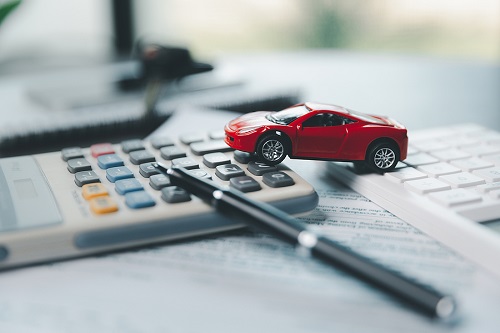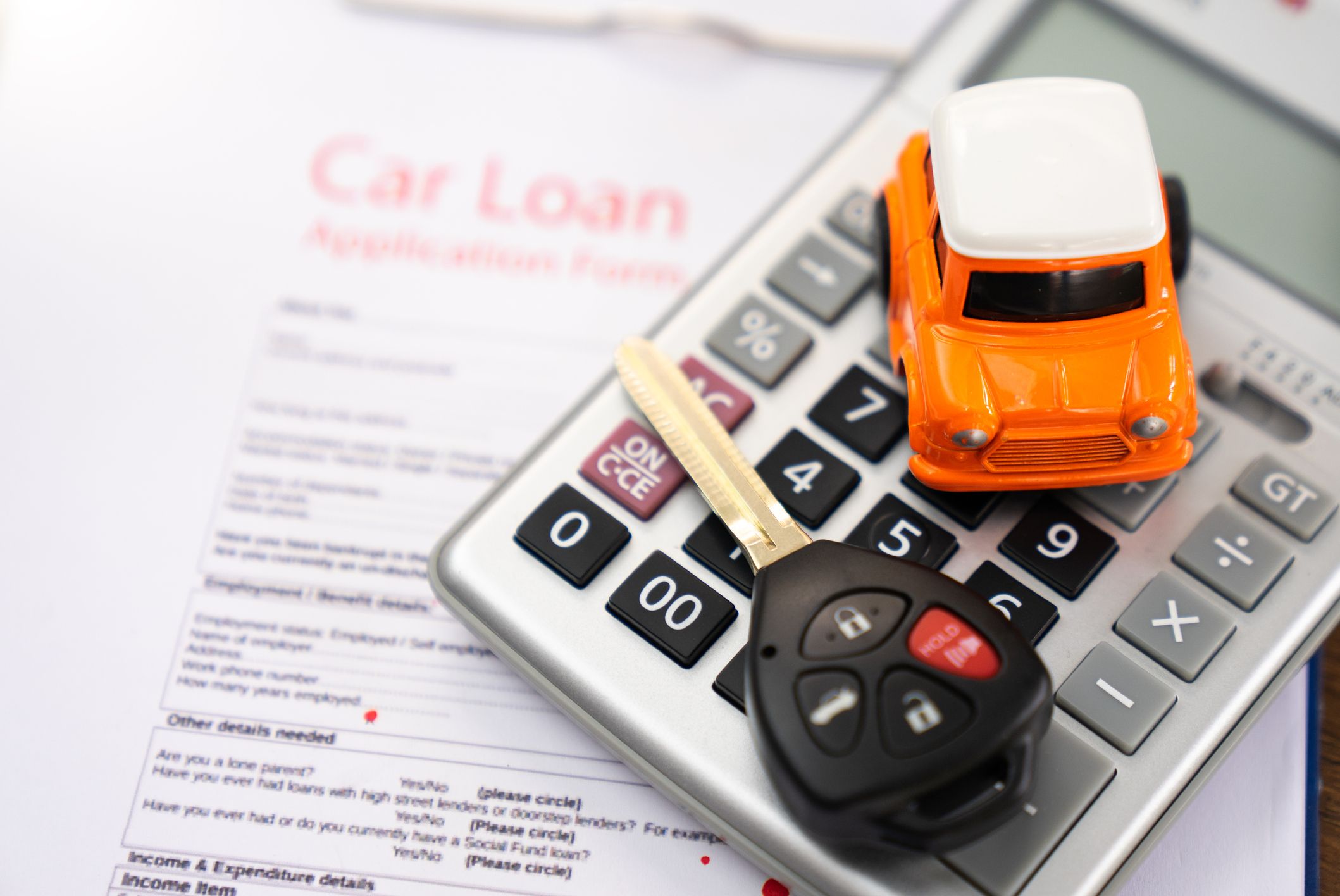When it comes to acquiring a new vehicle, you have two primary options: leasing or buying. Both choices have their pros and cons, and the right decision depends on your financial situation, lifestyle, and personal preferences. In this comprehensive guide, we will explore the key differences between leasing and buying a car, the advantages and disadvantages of each, and how to determine which option best suits your needs.
Understanding Leasing and Buying
What Does It Mean to Lease a Car?
Leasing a car is essentially renting it for a predetermined period, usually 24 to 48 months. You make monthly payments to use the vehicle, but you do not own it. At the end of the lease term, you return the car to the dealership or have the option to buy it at a predetermined price.

What Does It Mean to Buy a Car?
Buying a car means you either pay for it outright or finance it through a loan. When you finance a car, you make monthly payments until the loan is fully paid off, after which you own the vehicle outright. Unlike leasing, you have full ownership and control over the car.
Pros and Cons of Leasing a Car
Pros of Leasing
1. Lower Monthly Payments
Leasing typically has lower monthly payments compared to financing a car. Since you are only paying for the vehicle’s depreciation during the lease term, your payments are significantly lower.
2. Drive a New Car Every Few Years
Leasing allows you to upgrade to a new model every few years. This means you can always drive a car with the latest technology, safety features, and improved fuel efficiency.
3. Minimal Repair Costs
Most leases coincide with the manufacturer’s warranty period, meaning major repairs are usually covered. You only need to worry about routine maintenance like oil changes and tire rotations.
4. No Worries About Resale Value
When you lease, you don’t have to worry about the car’s depreciation or selling it later. Once the lease ends, you simply return the car to the dealer.
5. Lower Sales Tax
In most states, you only pay sales tax on the portion of the car’s value that you lease rather than the entire purchase price, which can result in significant savings.
Cons of Leasing
1. No Ownership Equity
Since you don’t own the car, your monthly payments don’t build equity. Once the lease ends, you must either lease another car or buy one.
2. Mileage Restrictions
Leases come with mileage limits, typically 10,000 to 15,000 miles per year. If you exceed the limit, you will have to pay extra fees, which can add up quickly.
3. Potential Wear and Tear Charges
You must return the car in good condition. Any excessive wear and tear, such as scratches, dents, or interior damage, could result in additional fees.
4. Long-Term Cost
Although leasing may be cheaper in the short term, continually leasing vehicles can be more expensive over the long run compared to buying a car and keeping it for many years.
5. Early Termination Fees
Getting out of a lease early can be costly. You may have to pay significant fees if you want to end your lease before the term is up.
Pros and Cons of Buying a Car
Pros of Buying
1. Ownership Equity
When you buy a car, each payment builds equity. Once your loan is paid off, you own the car outright and can keep driving it without monthly payments.

2. Unlimited Mileage
Unlike leasing, you can drive as many miles as you want without worrying about penalties or restrictions.
3. No Wear and Tear Fees
Since you own the car, you don’t have to worry about returning it in perfect condition. You can personalize it, modify it, or keep it as long as you like.
4. Better Long-Term Value
Buying is usually more cost-effective in the long run. Even though monthly payments may be higher, you eventually pay off the loan and no longer have a car payment.
5. Ability to Sell or Trade
Since you own the car, you can sell or trade it whenever you choose, giving you more financial flexibility.
Cons of Buying
1. Higher Monthly Payments
Financing a car generally results in higher monthly payments compared to leasing, making it more challenging for some buyers.
2. Depreciation
New cars depreciate quickly, losing significant value within the first few years. If you plan to sell in the short term, you may not recover much of your investment.
3. Repair and Maintenance Costs
Once the warranty expires, you are responsible for all repair and maintenance costs. Over time, this can become expensive, especially for older vehicles.
4. Larger Upfront Costs
Buying a car often requires a substantial down payment, taxes, registration fees, and other upfront costs.
Key Factors to Consider When Deciding
1. Financial Situation
- If you prefer lower monthly payments and don’t mind never owning the car, leasing might be better.
- If you want to build equity and eventually eliminate car payments, buying is the better long-term choice.
2. Driving Habits
- If you drive long distances regularly, buying is better since leases have mileage limits.
- If you drive less and want a new car every few years, leasing is a great option.
3. Vehicle Preferences
- If you love driving new models with the latest features, leasing offers more flexibility.
- If you prefer to own and customize your car, buying is the way to go.
4. Long-Term vs. Short-Term Goals
- Leasing makes sense for short-term affordability and convenience.
- Buying makes sense for long-term financial savings and investment.

Which Option is Right for You?
Leasing is Best If:
- You want lower monthly payments.
- You like driving new cars frequently.
- You don’t drive more than the lease’s mileage limits.
- You prefer minimal repair and maintenance costs.
Buying is Best If:
- You want to build equity and own your car.
- You drive long distances regularly.
- You prefer customization and don’t want to worry about wear and tear.
- You want to avoid long-term leasing costs.
Leasing and buying both have their advantages and drawbacks. The right decision depends on your financial goals, lifestyle, and driving habits. If you prioritize lower monthly payments and driving a new car every few years, leasing might be the right choice. However, if you want long-term savings and full ownership, buying a car is the better option. Carefully assess your needs and budget before making a decision to ensure you choose the option that best fits your lifestyle.
